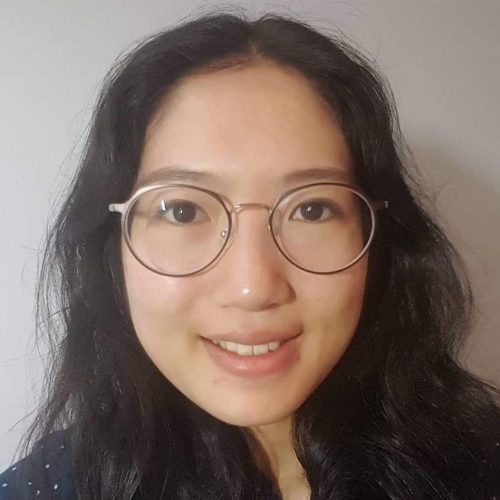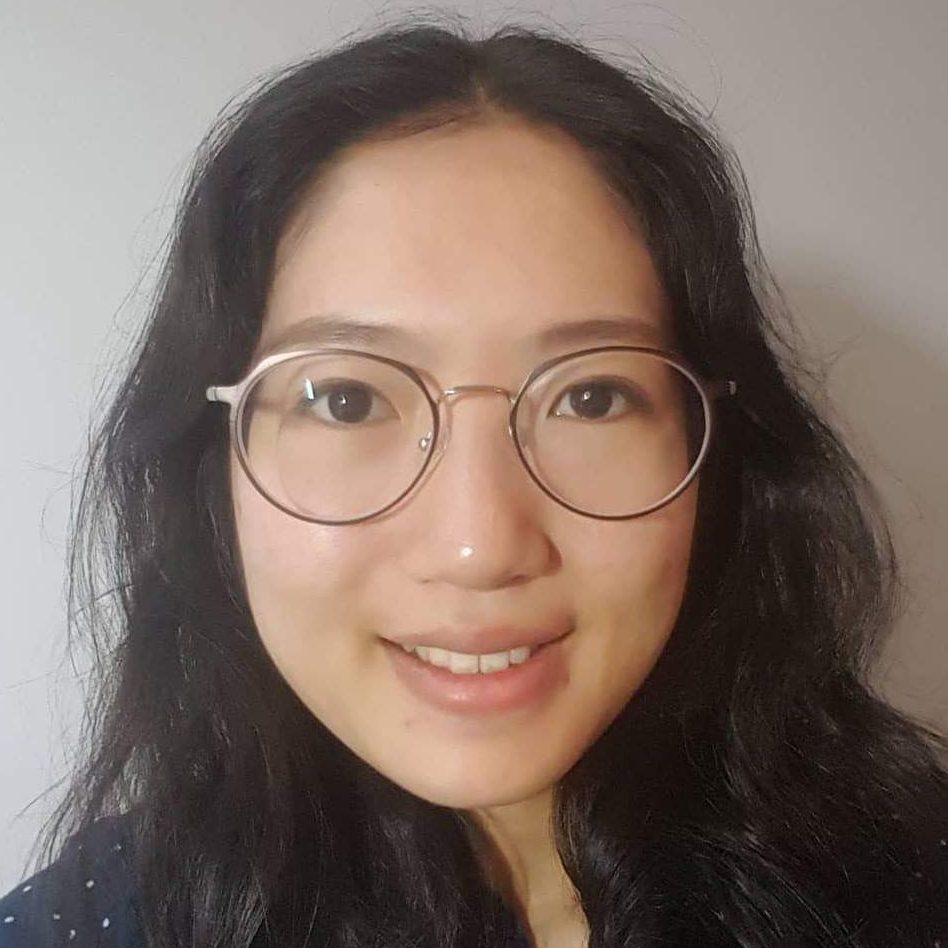
Jannina Ong
Monash University
It was my dream as a child to become a doctor, but because of unexepcted events, my undergraduate degree was in operations research. However, I found that my dream to be in the medical field can still be realised when I learned about BioInformatics. I came to Australia with a passion to learn how IT can be used to improve decision making in the medical field. Currently taking Masters of Data Science in Monash University, my research involves creating a system for visualising SLE (Systemic Lupus Erythematosus) patient record data, allowing the non-specialist patients to understand their situation better. I am hoping to make an impact to the SLE patients and doctors by facilitating a better shared decision making. I am also hopeful that I will be able to make more contributions in the medical field in the future through BioInformatics.
Can you give me a quick overview of the type of mathematics you are studying and its potential impacts for the broader community?
As a Masters of Data Science student, I am studying how to use and convert data to insights that non statisticians or lay people can use to make decisions. My thesis is about creating a system to visualise lupus patients’ medical data such as their medicine intake and pathological test results, so that they and their physicians will be able to observe how their symptoms behave throughout time.
You attended AMSI BioInfoSummer, what drew you to this event? What was the most valuable part of AMSI BioInfoSummer for you in terms of furthering your career in mathematical sciences?
I wanted to learn more about other research in the field of bioinformatics to get inspiration for my own project and I wasn’t disappointed. I learned about various research that not only helped more advancements in the field of biology, but also directly impacted a community or group. This inspired me to continue doing research on the application of data sciences in biology.
Did this event lead to any new projects, collaborations? What were some outcomes in terms of your work?
Attending BioInfoSummer provided me with the opportunity to meet not only new connections in the industry but also some life-long friends as well. These new contacts will certainly be useful as I continue doing research in this field. There is also a possibility for a new collaborative projects with these similarly-driven people in the future.
You received a CHOOSEMATHS Grant to assist your attendance at AMSI BioInfoSummer. How important was this in terms of your ability to attend and fully participate in the sessions throughout the week? How did you hear about the grant?
I heard about the grant from my research supervisor. I am grateful that I received a CHOOSEMATHS Grant as it provided me with the financial assistance I needed to fly from Melbourne to Perth and also accommodation close to the conference venue for the week. Instead of worrying about logistics and the cost of travel, I was able to focus solely on the seminar and got to participate fully in the program.
How important are initiatives such as the CHOOSEMATHS Grants in terms of fostering the participation and achievement of women in mathematics, particularly in terms of access to networking opportunities and further training opportunities?
Despite the increase in the number of women researchers in the field, women are still under represented in mathematics and sciences. I think that initiatives such as CHOOSEMATHS Grant empowers women to continue participating in seminars and research forums in mathematics and computational sciences. This gives women opportunities to network and showcase their skills to potential recruiters and partners, opening doors to advance their careers.
In what ways has the experience impacted your maths studies? Has it influenced the direction of your research?
The experience inspired me to push myself and be a better data scientist. In my university, female data scientists are rare. After meeting women in similar fields through this seminar, I feel more inspired to continue pursuing this path – not only because I am truly interested in this field, but also because I want to serve as an inspiration to future female data scientists as well.
The CHOOSEMATHS Grants are part of a broader program being delivered by AMSI Schools with support from the BHP Foundation to turn the tide on Australia’s maths deficit and strengthen maths education and participation of women across the discipline. What do you see as the big challenges facing maths in Australia, particularly for women?
To this date, there is still a stigma that women are not as proficient in maths as men. As early as junior high school, students, especially females, tend to become intimidated and lose their confidence when it comes to maths. I believe that what it takes to love maths and excel in it is to have confidence that it is possible to master the subject. It is vital to understand that while patience and perseverance is needed to learn and understand it, it is not as complicated as people expect it to be. I admit that maths isn’t the easiest discipline, but it certainly is easier to learn if one has a strong foundation on the subject built upon grit and a strong interest to learn and excel in it.
Did you always want to pursue a career in maths? Were you encouraged to study these subjects at school?
I started gaining an interest in maths during grade school when I realised it wasn’t as hard as people perceive it to be. In university, and until my master’s degree, I sometimes could not help but feel discouraged as the level of maths became harder. But I constantly recall the words my undergraduate maths professor Richard Eden once said; and I quote: “A lot of people say that they love maths, but maths doesn’t love them back. It’s because it was easy in the beginning and then at one point it became difficult. That’s not a reason to love it less. If you love something you will continue working hard for it despite the difficulties.” Every time I encounter a problem learning maths, I remember why I chose to be in this field – I wanted to accept the challenge of learning maths, deepen my knowledge on the matter, and hone my skills to contribute to society through mathematics.
Where do you see yourself in five or ten years time?
I want to be a researcher in the application of data science to biology. In five years I hope I can be a data analyst specialising in health and medical data. I want to help physicians, pharmaceuticals, and public health officers make better decisions and improve the health and well being of the Australian community.
Did you learn about new career options available to you that you were not aware of prior to attending AMSI BioInfoSummer?
Aside from the specific offers and opportunities like supervisors looking for PhD candidates or research assistants, I was also made aware of entirely new fields such as animal forensics, which I find as an interesting new career option as well.
If a peer asked you if they should attend AMSI BioInfoSummer, how would you describe the conference to them?
BioInfoSummer was more than a conference for learning. While I learned a lot of new information from the presentations and a lot of new techniques and applications from the workshops, I was also able to meet new friends and make new connections and memories. I was also inspired by the lectures, especially ones that tell stories of a unique or rare case, but a vital one, as the project was able to impact an entire village or community. Overall, I can say that it was the highlight of my summer break – a time well spent.
Any other feedback/comments you would like to provide on the CHOOSEMATHS grant or AMSI BioInfoSummer?
I am grateful to have received such opportunity. The CHOOSEMATHS grant allowed me to attend the event without worrying about the fees and accommodations. AMSI BioInfoSummer provided me with new learnings on bioinformatics while inspiring me to pursue a deeper knowledge in the field.

